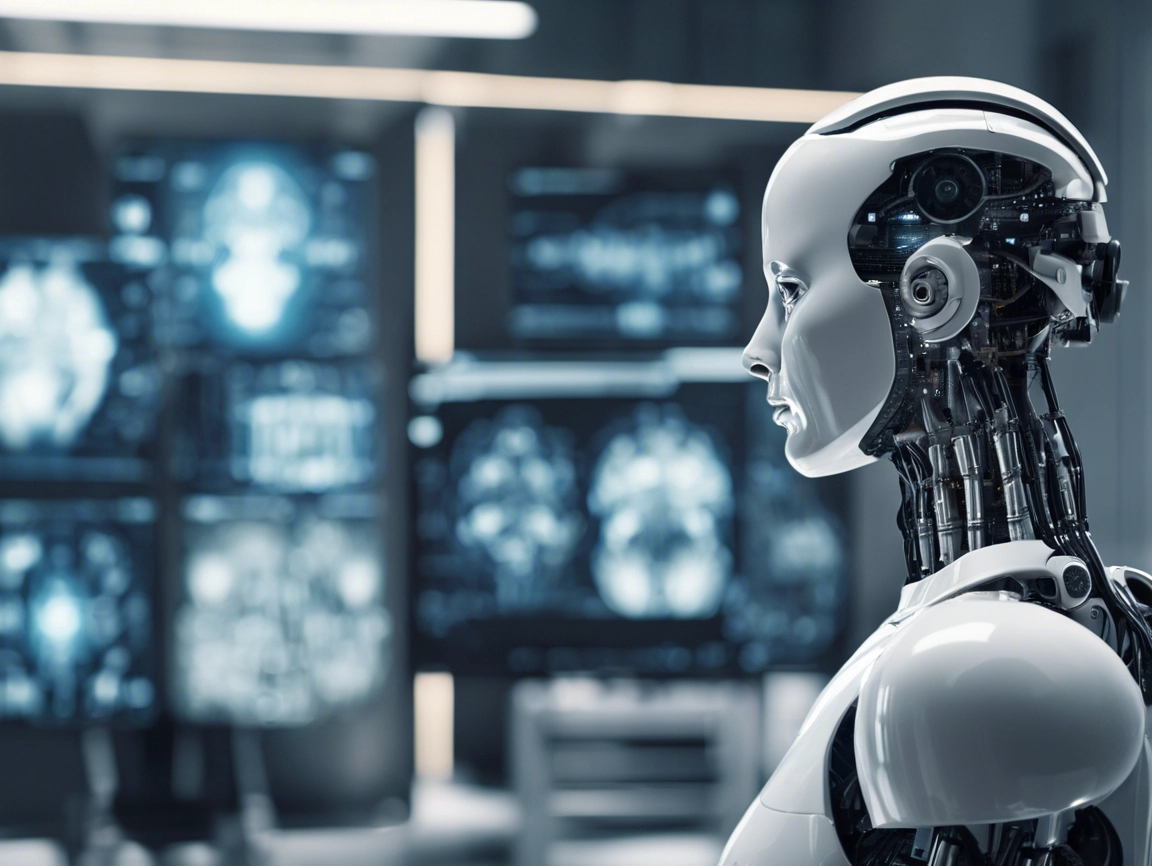Artificial intelligence (AI) has advanced significantly, changing businesses and affecting almost every part of our life. AI is changing how we work, communicate, and resolve issues in a variety of fields, including automated customer service and medical imaging. What can we anticipate from AI in 2025, though? Anyone hoping to take advantage of AI’s promise must keep up with these new developments. Let’s examine the most expected developments in AI that are probably going to occur in 2025.
THE GROWING ROLE OF AI IN BUSINESS OPERATION
AI has the potential to increase the efficiency, automation, and data-drivenness of decision-making. Due to its ability to analyze large information and make real-time recommendations for the best course of action, AI algorithms are predicted to become increasingly important in business strategy by 2025. Businesses will be able to make better judgments more quickly thanks to this automation, which will also reduce human error and free up employees to work on higher-level, creative projects. AI-driven customer service will keep growing as customers become more used to immediate fixes. It is anticipated that sophisticated chatbots and virtual assistants would manage progressively intricate interactions, providing individualized experiences and swiftly addressing problems. Based on prior behavior and preferences, customer service will probably change from being reactive to proactive, anticipating the demands of the client.
AI IN HEALTHCARE: A TRANSFORMATIVE FORCE
AI has huge potential in the healthcare industry, especially in predictive analytics. By 2025, AI algorithms will identify people who are at high risk for specific diseases by analyzing genetic information, lifestyle choices, and medical records. By using these forecasts, medical professionals can deliver individualized preventative care, assisting in averting serious health problems before they occur. It is expected that medical imaging technology driven by AI will make great progress. By 2025, AI will help with early disease identification using imaging techniques and increase diagnostic accuracy, allowing for more individualized therapies. AI helps physicians identify anomalies more quickly, which leads to quicker diagnoses and improved patient outcomes.
ADVANCED IN AI EDUCATION
AI-powered adaptive systems that customize lessons to each student’s unique learning preferences are expected to have a significant positive impact on education. In order to maximize learning, these systems may evaluate a student’s progress, strengths, and shortcomings and modify the information accordingly. Classrooms and online learning environments may provide individualized instruction by 2025, increasing student engagement and retention. The sophisticated translation powers of AI may make language learning more effective and accessible. AI-powered translation technologies will keep becoming better, enabling intercultural dialogue and removing linguistic barriers in social, professional, and educational contexts.
ETHICS AND REGULATIONS IN AI DEVELOPMENT
Transparency will be a key theme in 2025 as AI gets increasingly integrated into our daily lives. To maintain responsibility and trust, governments, corporations, and developers will need to make AI algorithms easier for the general public to understand. Transparent AI will stop biases from affecting important processes and enable consumers to comprehend how decisions are made. Biases in training data can be passed down to AI systems, producing biased results. By 2025, ethical AI practices—such as rigorous testing and auditing to detect and reduce bias—are probably going to be given more importance. AI applications will become more inclusive and egalitarian as a result of this tendency.
AI AND CYBERSECURITY
AI will play a crucial role in identifying and eliminating more sophisticated cyberthreats. Businesses will have more robust defenses against hackers by 2025 when AI systems are able to independently recognize possible threats, examine danger patterns, and even react to cyberattacks in real time. AI systems will be able to anticipate and stop cyber issues before they happen thanks to deep learning algorithms. These algorithms will help firms better protect sensitive data and systems by identifying changing threat patterns.
ROBOTICS AND AUTOMATION
AI and robotics are revolutionizing manufacturing, resulting in the development of “smart factories.” By 2025, these factories will use AI for inventory management, quality assurance, and predictive maintenance, which will make production more effective and efficient. AI will improve supply chain operations through more accurate inventory management, demand prediction, and route optimization. Businesses may lower expenses and satisfy customer demand more effectively by optimizing the supply chain.
CONCLUSION
It’s obvious that AI will continue to change how we live and work across industries as we move to 2025. AI will have a significant impact on everything from improving cybersecurity to changing education and business operations. Innovation and efficiency will be fueled by AI’s expanding role in process automation, decision-making enhancement, and personalized experiences. In the meanwhile, its potential in fields like healthcare and education promises to provide people all around the world with more individualized, easily accessible services. But along with these developments comes the need to guarantee moral growth and openness, protecting against prejudices and building confidence. AI has the potential to create a more connected, effective, and just future if these opportunities and challenges are embraced. As we get ready for 2025, keeping up to date and adapting to these changes will be key to harnessing the full promise of AI.

